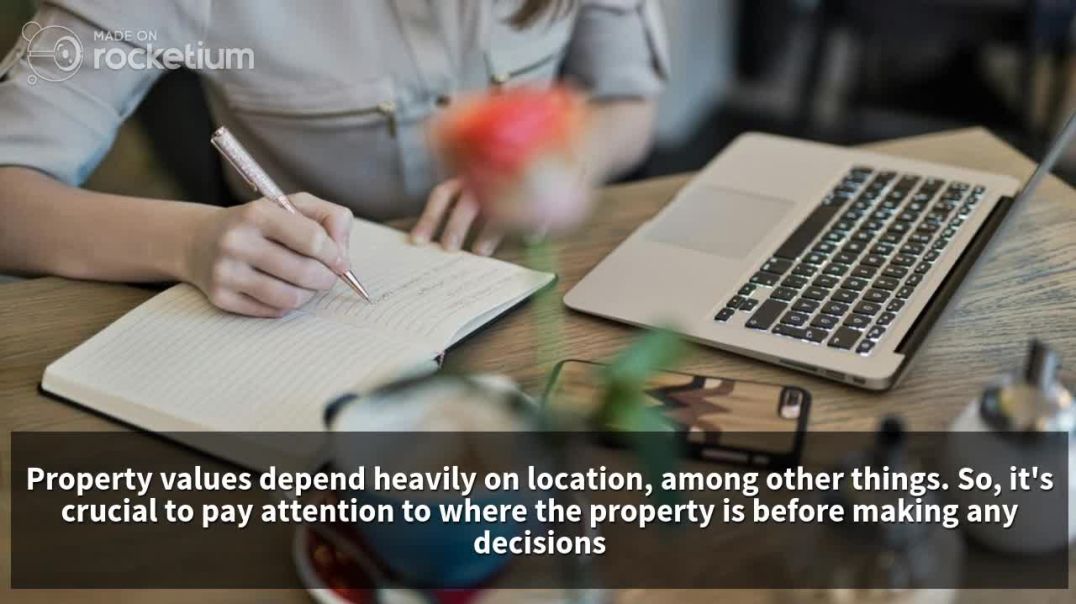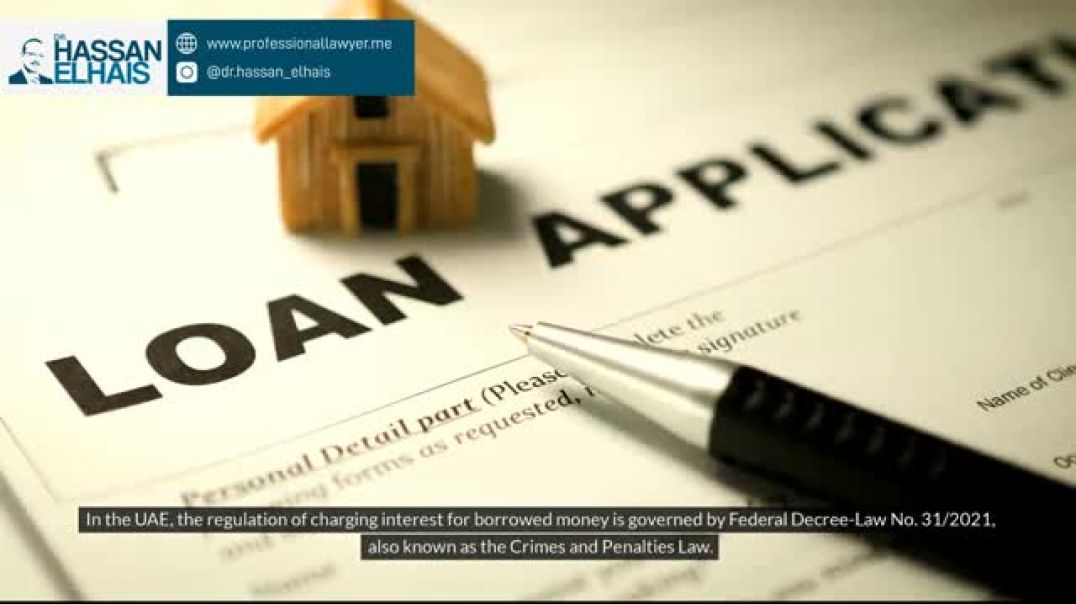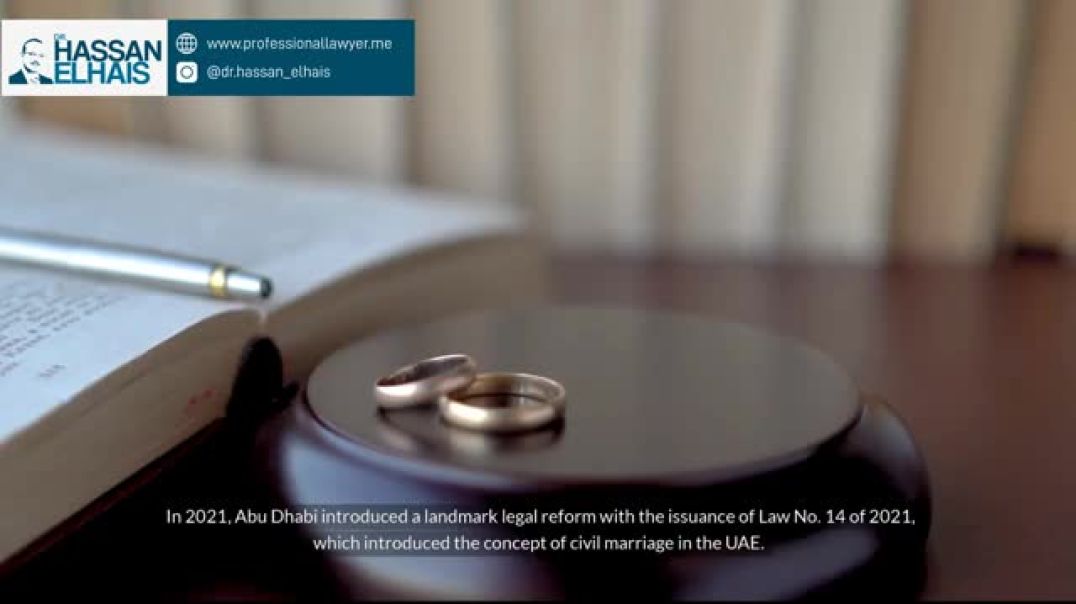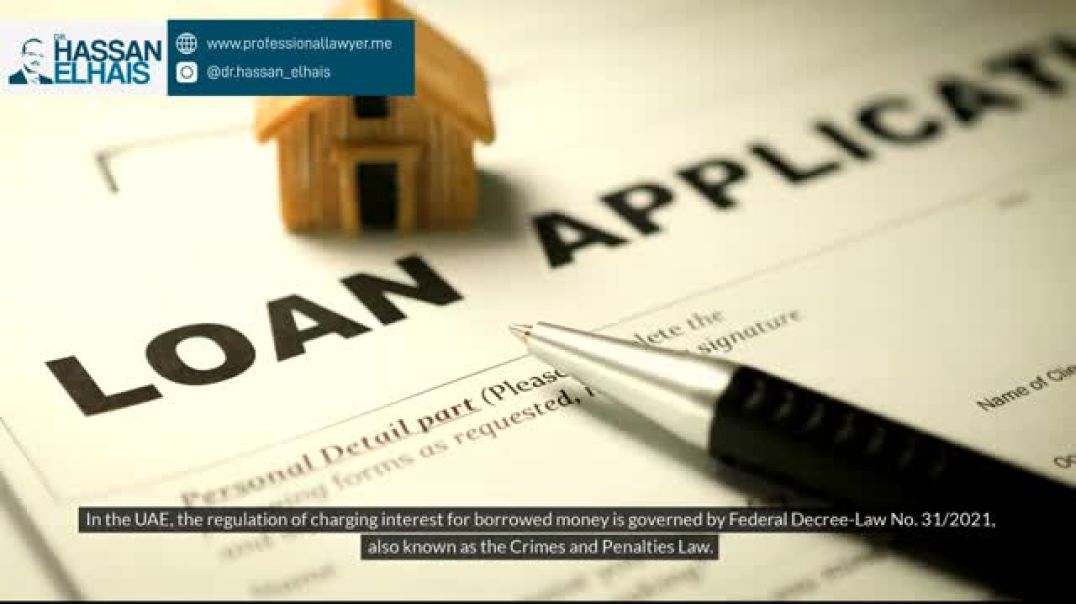2 Views· 12 November 2022
LISTENING & UNDERSTANDING in 3 Easy Steps
"Help! I don't understand." Many English language students have problems listening and feel embarrassed. Do you find yourself struggling to understand native English speakers? Do they sometimes speak too fast or use words you do not know? Do phone conversations make you nervous? You are not alone! You can say goodbye to embarassement because in this lesson, I will teach you THREE STEPS you can follow to help you become a better listener and develop confidence when listening to others. I will also teach you some helpful expressions to use in these situations. Watch the video, and you will start having better English conversations immediately! Test your understanding with the quiz at http://www.engvid.com/listenin....g-understanding-in-3
TRANSCRIPT
Hello. My name is Emma, and in today's video, I am going to teach you how to be a better listener. I'm going to teach you three steps, which will really, really help you with your listening.
So before I teach you how to be a better listener, I want you to think about: What kind of listener are you? Okay? So, I have, here, a question. I want you to imagine this. You're talking to somebody, an English speaker, and you don't understand what they're saying. Okay? You have no idea. I don't understand what they're saying. What do you do? Okay? Here are your choices. Do you: A) look scared? A lot of students do this. Do you: B) Nod and pretend you understand? Nod and say: "I understand", but you really don't understand; you have no idea? C) Are you honest? Do you say: "I'm sorry. I don't understand"? Or, D) Do you say: "I don't understand", and you ask the person to write down what they're saying? Okay?
So, which one do you do? Do you look scared, do you nod and pretend you understand when you don't? Do you say: "I don't understand" or do you say: "I don't understand" and ask them to write it down? Maybe you do multiple things. Okay? Which one do you think is the best thing to do? If you said: D or C, you are correct. Okay? Now, there is a little bit of a difference between C and D. It's mainly that D, we use some sort of listening strategy. I'm going to teach you some very, very good strategies you can use, which will help you be a better listener.
Okay, so if you don't understand something, very first thing you should do is show you don't understand. Okay? You should really let the person know you don't understand. There's nothing to be embarrassed about. We all have times where we don't understand what somebody is saying, but we really do want to know, so it's very important you let the person know that you don't understand.
So, here are a couple of different ways we can say that. The first one: "I didn't catch that.", "I'm sorry, I didn't catch that." This means the exact same thing as: "I don't understand." So you can say: "I don't understand." or "I didn't catch that." You can also say: "I'm sorry I don't understand." One thing a lot of students say, but it's not a good thing to say: "I no understand." Okay? This: "I no understand", I hear many students say it. This, wrong. Okay? So you can either say: "I didn't catch that.", "I'm sorry I don't understand.", but you cannot say: "I no understand." That one is bad English. Okay, so that's the first step.
The second step is using a strategy. Okay? So what do I mean by this? When you use a strategy, you're pretty much asking somebody to help you out in a different way. You're asking somebody to do something to help you understand. So, this is an excellent expression, very polite. All of these start with: "Could you please". You can ask the person: "Could you please write it down?" Okay? So: "I'm sorry I didn't catch that. Could you please write it down?" Some... For some people, when they read it, it's easier than listening to it.
You can also ask somebody to repeat what they're saying. "Could you please repeat that?" Okay? That means: "Could you please say it again?" A lot of English speakers and also me, myself included, sometimes we speak too fast. So, it's perfectly okay if you say politely: "Could you please speak more slowly?" Maybe the problem is the person who's speaking is talking way too fast. So just a nice, friendly reminder: "Could you please speak more slowly?"
And finally, the fourth strategy: "Could you please say it in a different way?" This one is very useful because sometimes when you say to an English speaker: "I don't understand", they keep saying the same thing the exact same way, and that's not helpful. Sometimes you really need to hear it in different words, so it's also a great idea to ask the person: "Could you please say it in a different way?" Okay? So these are the first two steps. First, show you don't understand; second, use a strategy. Now let's look at the third step.




























0 Comments